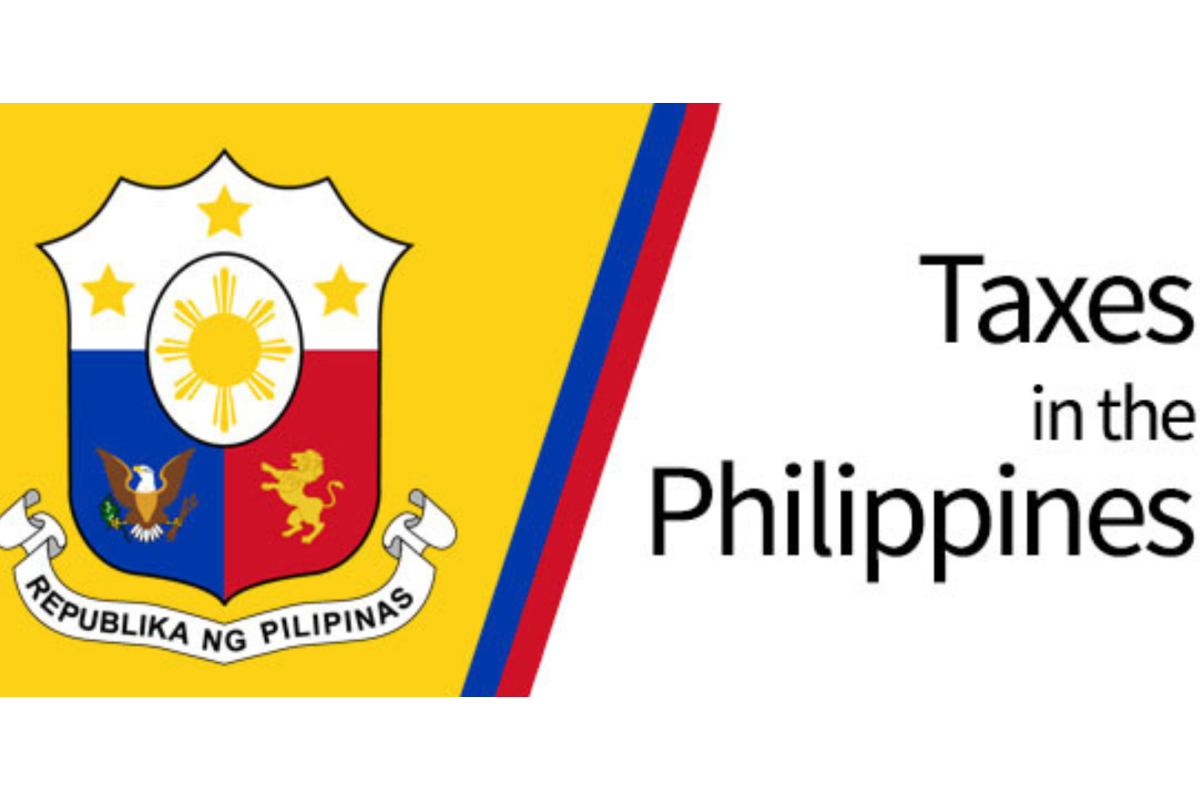Dealing with taxes in the Philippines can be challenging for businesses and international employers. To make it easier, we’re breaking down the key types of taxes you’ll come across. We’ll highlight important details for following the rules, possible tax savings, and tips to help make paying taxes simpler. This information is especially helpful for companies using Employer of Record (EOR) or Professional Employer Organization (PEO) services, so they can stay updated on the Philippines’ tax requirements.
1. Corporate Income Tax (CIT)
The corporate income tax rate in the Philippines is generally set at 25% for large corporations. However, under the Corporate Recovery and Tax Incentives for Enterprises (CREATE) Act, the tax rate for small businesses with gross income not exceeding ₱5 million has been reduced to 20%.
Key CIT Compliance Factors:
-
Resident Corporations: Taxed on their worldwide income, which includes income earned abroad.
-
Non-resident Corporations: Only taxed on income sourced from the Philippines, making it beneficial for international companies.
-
Tax Deductions: Businesses can deduct legitimate expenses such as salaries, rent, and operating costs. Certain expenses, like fines and penalties, are not deductible.
-
Filing and Payment Deadlines: Corporate tax returns are due annually within 60 days after the end of the fiscal year, with estimated quarterly payments due on the last day of the month following each quarter.
2. Individual Income Tax (Personal Income Tax – PIT)
The Philippines employs a progressive tax system for individual income tax, with rates ranging from 0% to 35% based on income levels, which impacts payroll obligations for employers.
Income Range (PHP) | Tax Rate
-
0 – 250,000: 0% (No tax)
-
250,001 – 400,000: 20% on the excess over 250,000
-
400,001 – 800,000: 25% on the excess over 400,000
-
800,001 – 2,000,000: 30% on the excess over 800,000
-
Above 2,000,000: 35% on the excess over 2,000,000
Additional Considerations:
-
Withholding Tax: Employers must withhold income tax from employee wages (withholding tax on compensation) and remit these amounts to the Bureau of Internal Revenue (BIR).
-
Deductions: Employees can claim deductions for contributions to the Social Security System (SSS), PhilHealth, and Pag-IBIG Fund, which can lower their taxable income.
-
Filing Requirements: Individual income tax returns are filed annually, with deadlines typically set on April 15 of the following year.
3. Value Added Tax (VAT)
The Philippines’ VAT, known as the Value-Added Tax, is generally set at a standard rate of 12%, applicable to most goods and services.
Important VAT Details:
-
Exemptions: Certain goods and services, like basic food items, healthcare, and educational services, may be exempt from VAT.
-
Registration Threshold: Businesses with gross sales exceeding ₱3 million must register for VAT. Those below this threshold can opt for the 3% percentage tax.
-
Input Tax Credits: Registered businesses can claim credits for VAT paid on business-related purchases, reducing their overall tax liability.
-
Filing Frequency: VAT returns are typically filed monthly or quarterly, depending on the business size and turnover.
4. Withholding Tax on Compensation
Employers must manage withholding tax deductions, encompassing income tax and other contributions to ensure compliance with Philippine tax laws.
Key Details of Withholding Tax:
-
Deductions Include: Withholding tax comprises income tax on employee compensation and contributions to social security and health insurance.
-
Accurate Deductions: Employers need to accurately calculate and withhold amounts based on each employee’s earnings to avoid liabilities for under-withholding.
-
Filing and Reporting: Employers must report and remit withholding tax on a monthly basis, ensuring compliance with tax obligations.
5. Social Security Contributions
Social security contributions in the Philippines are essential for accessing public health services, pensions, and other welfare benefits.
Details for Employers:
-
Contribution Rates: As of 2024, employers contribute 13% of an employee’s monthly salary to the SSS (with the employer’s share being 9% and the employee’s share around 4%). PhilHealth contributions are about 4% of the employee’s basic salary.
-
Types of Contributions: Contributions cover various programs, including retirement, disability, unemployment, and health care.
-
Compliance Requirements: Employers must register their employees with the SSS and ensure accurate contributions are made monthly.
6. Business Tax Incentives
The Philippines offers several tax incentives aimed at encouraging business investment and growth.
Key Incentives:
-
Start-up Incentives: New businesses may enjoy a reduced corporate tax rate for the first 3 years of operations.
-
Investment Incentives: Tax holidays and reduced rates are available for businesses investing in special economic zones and certain sectors.
-
Research and Development Deductions: Companies engaged in R&D can claim significant deductions for qualifying expenses.
Additional Considerations and Residency Criteria
Tax Residency Rules:
-
Corporate Residency: Companies are considered residents if they are incorporated in the Philippines or if their management and control are based there.
-
Individual Residency: Individuals are deemed residents if they stay in the Philippines for more than 180 days in a calendar year or if their primary economic interests are located in the country.
Capital Gains Tax:
Individuals and corporations are subject to capital gains tax on profits from the sale of assets, with rates typically at 15% for sale of shares and 6% for real property.
Filing Deadlines and Penalties:
Late submissions of tax returns can result in penalties, including fines based on the amount due.
Double Taxation Agreements (DTAs):
The Philippines has treaties with various countries to prevent double taxation, allowing businesses to mitigate tax obligations for cross-border operations.
GlobainePEO – Your Partner in Philippines Tax Compliance
At GlobainePEO, we specialize in helping businesses navigate Philippines’s tax system, ensuring compliance with corporate income tax, payroll, VAT, and more. Our experts handle the complexities of Philippines’s tax regulations so that you can focus on growing your business in this dynamic market.

